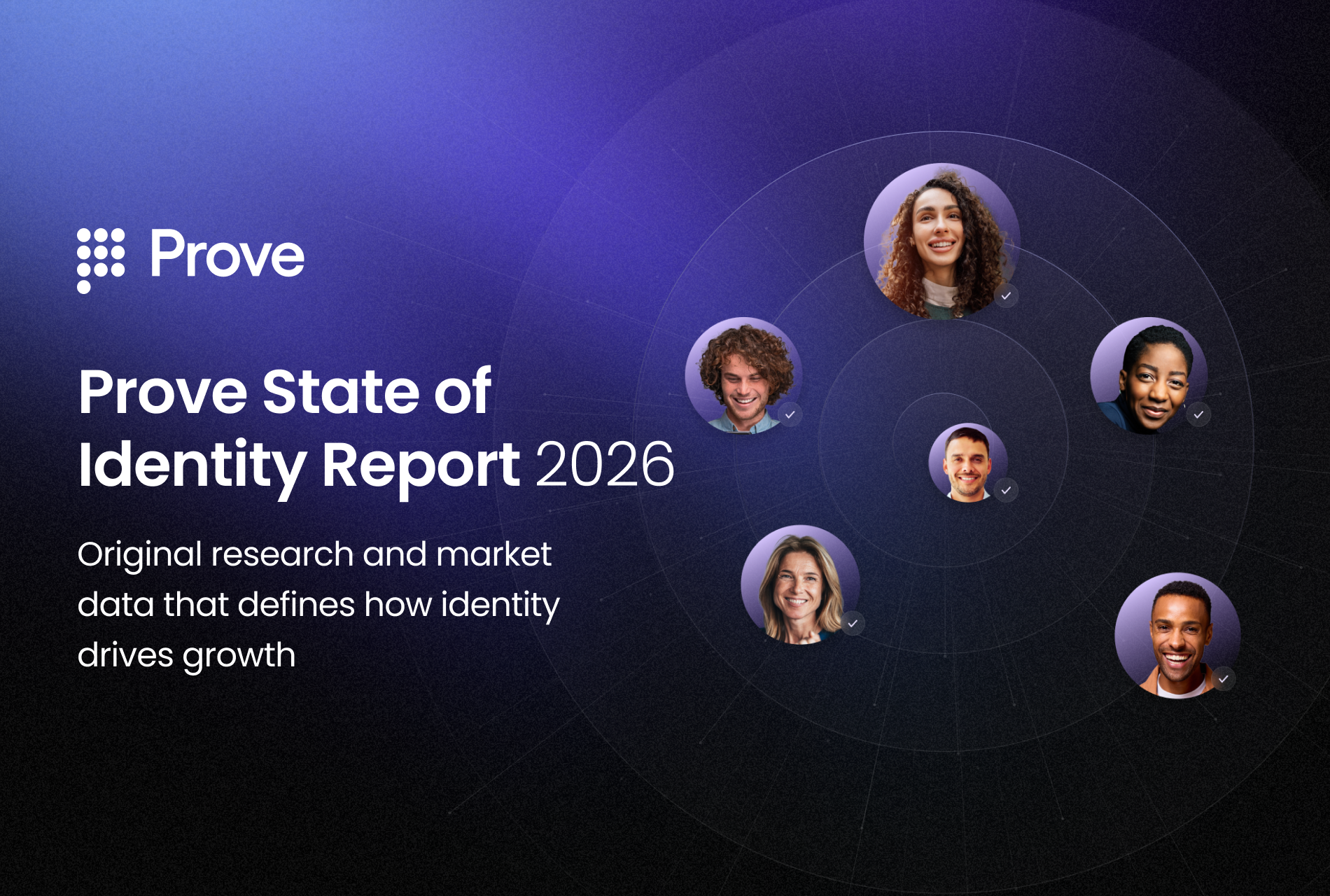How Robo-Advisory Firms Performed During the Pandemic


The COVID-19 pandemic pushed almost every industry to look at things differently, including financial services. While some industries suffered more than others, such as the airline and hospitality industries, several thrived mostly because of their technology preparedness. This readiness made it possible for businesses to continue operations under lockdown despite limited physical interactions.
It’s not just businesses that found a way around technology; individuals—older and newer generations—found it too. Customers are now turning to newer and improved digital solutions. The rise of robo-advisory in financial services is one such instance. Robo-advisory services are offered via digital platforms, which follow through automated, algorithm-driven financial planning services with little or no manual supervision.
Rise of Robo-Advisory Firms
Robo-advisory services have grown significantly during the pandemic, with an average rise of 3.1% in accounts. The Vanguard Group has surged 14% in Assets Under Management (AUM), with upwards of a 35% increase in the number of customers. PensionBee and AJ Bell Youinvest have surged 14% and 13%, respectively, in AUM.
Robo-advisory, though, is not an entirely new concept. Fund managers have been using automated portfolio allocation software for a long time. However, it has become mainstream primarily because of the technological capacity to scale up services and the ability to offer it on a case-to-case or customized basis. It is also recognized as a low-cost alternative to traditional financial advisory services that charge exorbitant fees based on a planners’ experience, past performance, and pedigree.
Further, the pandemic has led to a downswing in equity prices, leading to a prolonged bear market—an ideal time for bargain hunters. As a result, many people are trooping into equity markets, and a big chunk ends up signing for robo-advisors. As most new entrants to the market lack the sophistication of hedge fund managers and other titans of the investment industry, such as Warren Buffet, their best bet is to find a service that collects their financial information, analyzes, and then invests depending on their risk appetite.
Robo-advisory services make decisions based on hard data and real-time statistics, which would reduce the error of human judgment. These advisors also provide constant and real-time revaluations based on prevailing economic conditions as opposed to quarterly reports published by traditional investment management companies.
What Does the Future Hold for Robo-Advisory Firms?
Critics of robo-advisory firms cite the lack of personal support to clients as one of the major shortcomings. In spite of that, the industry continues to grow. It hit an estimated $1.4 trillion in AUM at the end of 2020. It is projected to reach $2.4 trillion and 147 million users by 2023. The US accounts for 75% of the entire robo-advisory industry (a legacy of the 2008 financial crisis) and is home to some of the largest players operating in the global market, including Betterment, Wealthfront, Personal Capital, Nutmeg, FutureAdvisor, and The Vanguard Group. The US accounted for $1 trillion in transactions in 2020, followed by China (a distant second) with $300 billion in transactions and the UK and Germany at $24 billion and $13 billion, respectively.
The post-pandemic outlook is promising with hybrid robo-advisory. This service offers financial planning and guidance by typically combining a professionally managed account with the help of a robo-advisory service. Hybrid robo-advisory is projected to grow at a rapid pace. Financial advisors that incorporated digital tools registered a 77% increase in client retention, according to Refinitiv. However, the possible deterrent to the rapid adoption of robo-advisors can be the underdeveloped capital market and its chaotic data handling systems and regulatory regimes.
To learn about Prove’s identity solutions and how to accelerate revenue while mitigating fraud, schedule a demo today.

Keep reading
 Read the article: Prove’s State of Identity Report Highlights the New Rules of Digital Trust
Read the article: Prove’s State of Identity Report Highlights the New Rules of Digital TrustProve’s State of Identity Report explores why traditional point-in-time verification is failing and how businesses can transition to a continuous, persistent identity model to reduce fraud and improve user experience.
 Read the article: The Super Bowl Highlights the Scale of Fraud in Online Sports Gaming
Read the article: The Super Bowl Highlights the Scale of Fraud in Online Sports GamingLearn how advanced identity verification helps sports betting operators combat fraud, deepfakes, and AI-driven threats.
 Read the article: Identity Has Been Redefined. Here’s What That Means Now.
Read the article: Identity Has Been Redefined. Here’s What That Means Now.In an era of deepfakes and automated fraud, traditional one-time identity verification is no longer enough. Learn why organizations must transition to continuous, adaptive identity systems to ensure security without sacrificing seamless user growth.












